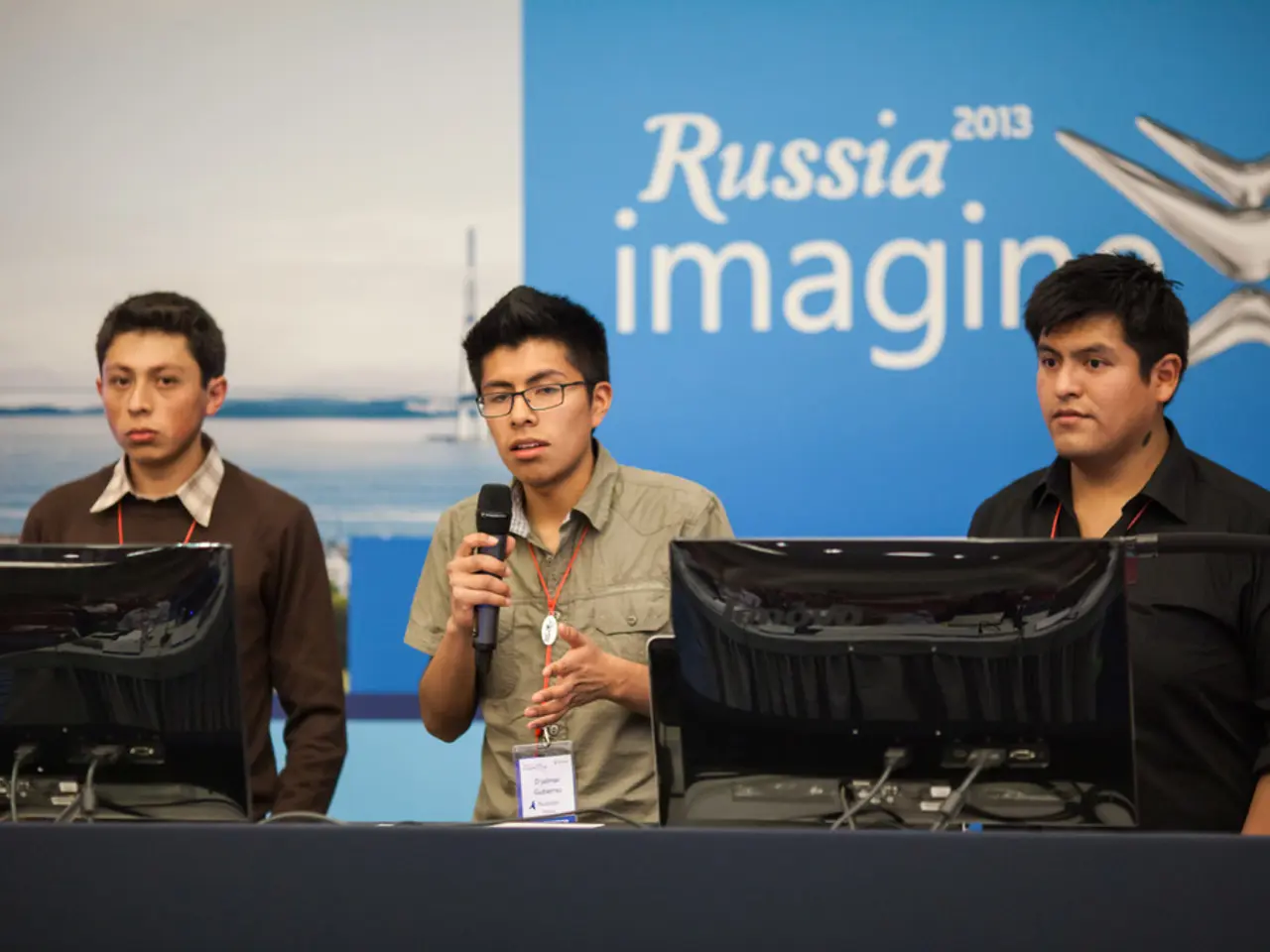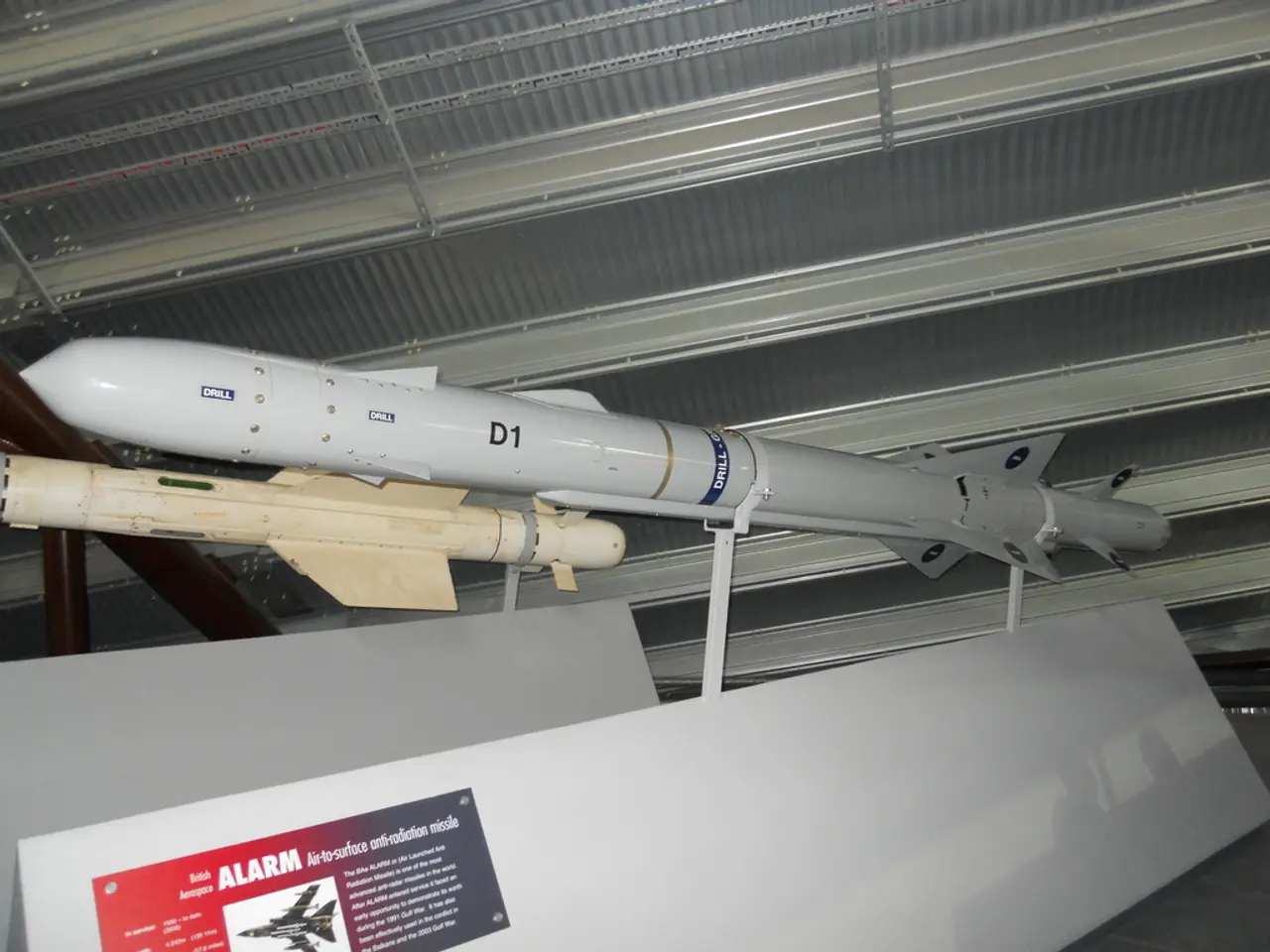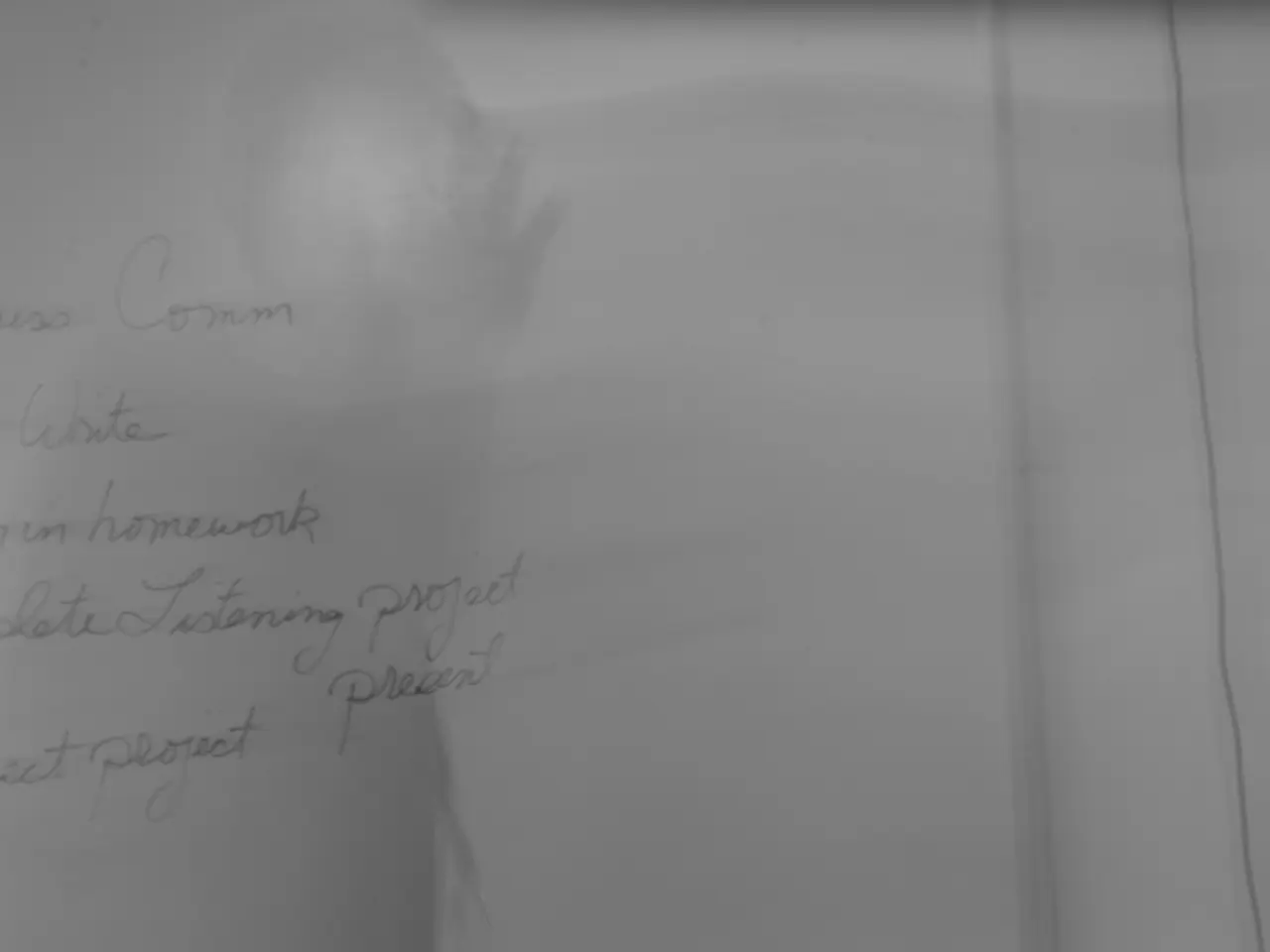Australian intelligence leader issues caution over intensifying espionage risks from Russia
In recent years, Australia has experienced a significant surge in espionage activities, particularly from Russia, according to Mike Burgess, the director-general of the Australian Security Intelligence Organization (ASIO).
Since 2022, Australian intelligence agencies have dismantled 24 major espionage operations—more than in the prior eight years combined—with several Russian spies expelled as part of these counter-espionage efforts. This escalation in Russian espionage activities is characterized by multiple expulsions of Moscow-linked intelligence officers and numerous disrupted espionage operations.
A notable example of this trend is the case of a Russian-born couple who had lived in Australia for over a decade. Last year, they were charged with spying for Moscow, accused of attempting to steal military secrets.
The AUKUS nuclear-powered submarine program, a pact between Australia, the United States, and Britain for the deployment of stealthy nuclear-powered submarines, has become a target for foreign espionage. Russia, in particular, has shown a very unhealthy interest in this program, according to Burgess.
Besides Russia, other nations such as China and Iran are also actively trying to pilfer classified information. The economic impact of these activities is substantial: espionage activities have cost Australia billions, with one report estimating $12.5 billion lost in 2023-2024 due to intellectual property theft and other economic espionage.
Burgess has described instances of espionage ranging from stealing plant matter from sensitive facilities to infiltrating defense industry events via malware. He also noted cases where Australian-developed military technologies appeared soon after in foreign prototypes, strongly suggesting espionage.
Despite the growing threat, Burgess emphasized the need for public vigilance balanced with caution to avoid undue suspicion in everyday life. He stated that a new iteration of great power competition is driving a relentless hunger for strategic advantage and an insatiable appetite for inside information.
In summary, recent years have seen a marked increase in aggressive Russian espionage targeting Australia’s security and economic sectors, resulting in numerous operations thwarted and personnel expelled. This trend forms part of a broader rise in foreign intelligence activities against Australia, particularly linked to its strategic defense advancements.
- The surge in foreign espionage activities against Australia, particularly from Russia, has also extended to other areas, such as the art world, where sensitive information about local artifacts or cultural artifacts could potentially be used for political gain.
- In stark contrast to the world of art, the sphere of general news and political reporting has remained relatively untouched by foreign espionage activities, but recent developments show that this could change as nations seek any advantage in the modern landscape.
- The crime-and-justice sector, however, has not escaped this trend, with instances of foreign entities attempting to gain insider knowledge of legal proceedings or law enforcement techniques to manipulate the system and gain an unfair advantage.








